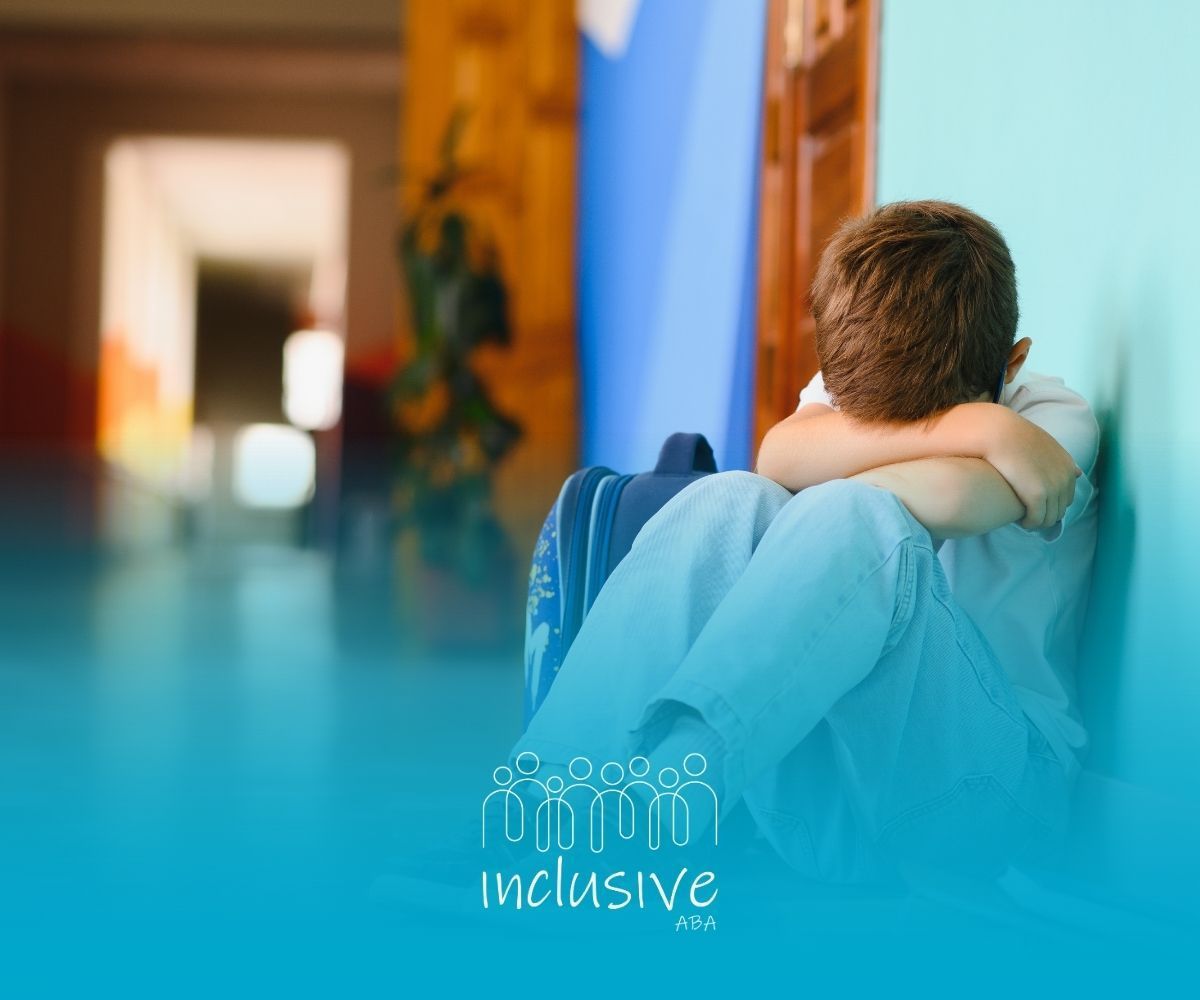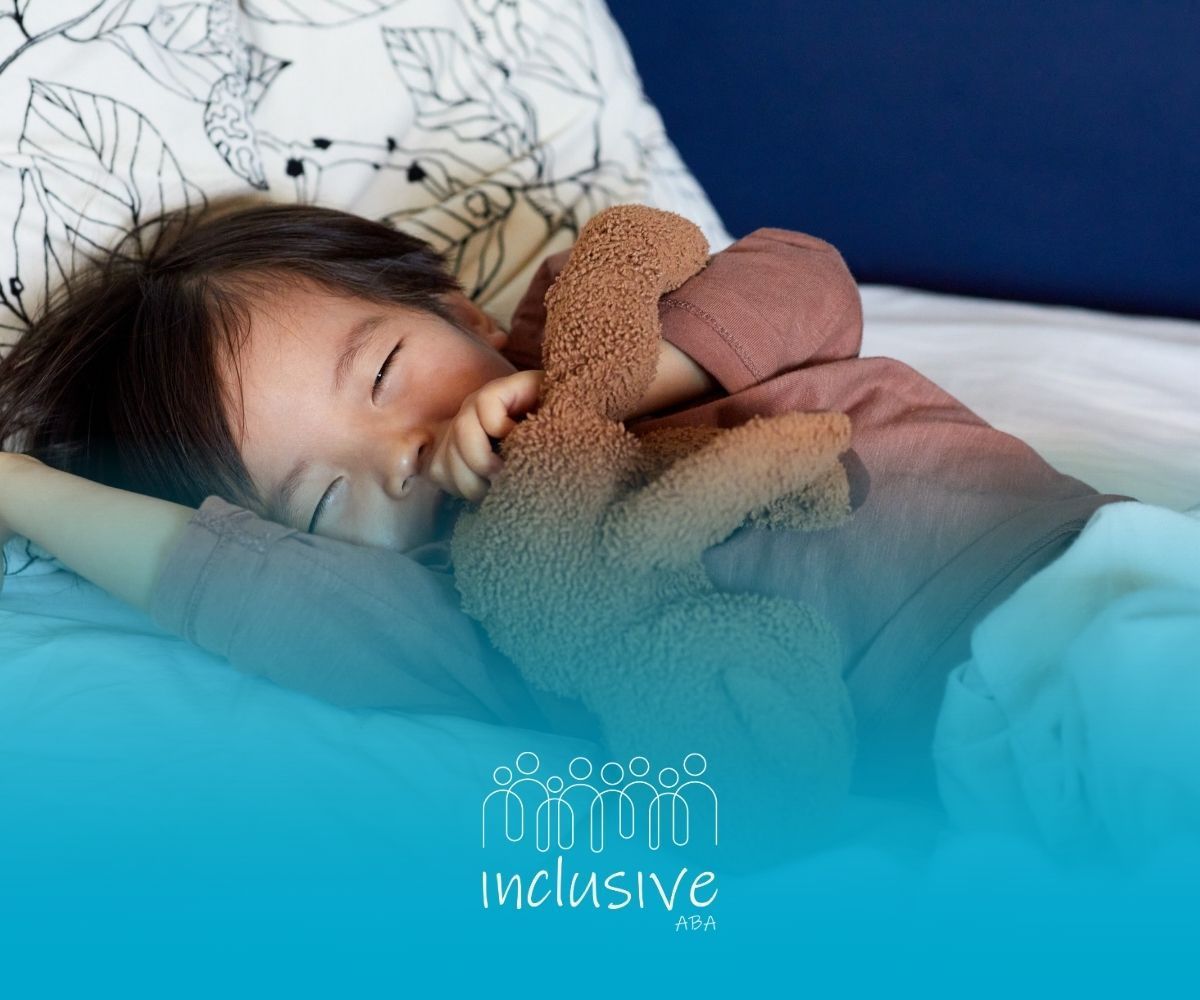ABA Therapy vs CBT: Understanding the Differences to Support Your Child
If you’re a parent searching for the best support for your child, this blog is for you. I’ve spoken with many families in your shoes, wondering: What’s the difference between ABA therapy and CBT? And how do I know which one is right for my child?
As an ABA therapist working closely with children on the autism spectrum and their families, I’ve had this conversation countless times. Let’s walk through the differences together—clearly, compassionately, and from a real-world perspective.
My goal is to help you feel informed and empowered as you make the best choices for your child’s growth.
What is ABA Therapy?
ABA, or Applied Behavior Analysis, is a therapy grounded in the science of learning and behavior. It’s often recommended for children with autism, and it's designed to help build meaningful, everyday skills through positive reinforcement and structured support.
In ABA therapy, we focus on:
- Teaching communication and social interaction
- Reducing challenging behaviors
- Building independence in daily routines
- Reinforcing desired behaviors through rewards and praise
ABA sessions are highly individualized. No two programs look the same, because no two children are the same. I often say we meet kids where they are—and we walk beside them at their pace.
What is CBT?
CBT, or Cognitive Behavioral Therapy, is more focused on thoughts and feelings. It’s commonly used with older children, teens, and adults who are able to reflect on their thoughts and emotions.
In CBT, therapists help individuals recognize negative thought patterns and learn how to respond to them in healthier, more balanced ways.
CBT may focus on:
- Managing anxiety, depression, or emotional regulation
- Identifying unhelpful thought patterns
- Developing coping strategies and problem-solving skills
- Learning mindfulness or relaxation techniques
CBT can be effective for children, but it usually requires strong language and cognitive skills, since the child needs to be able to talk about their feelings and reflect on their thoughts.
ABA Therapy vs CBT: What’s the Difference?
So how do you know which one might be the right fit? Here’s a breakdown based on what I’ve seen work best in real families:
| Feature | ABA Therapy | CBT |
|---|---|---|
| Focus | Behavior and skills | Thoughts and emotions |
| Best for | Younger children or those with limited verbal skills | Older children or verbal kids who can reflect |
| Approach | Structured, hands-on learning with prompts and rewards | Structured, hands-on learning with prompts and rewards |
| Common Goals | Daily living skills, communication, reducing challenging behaviors | Managing anxiety, depression, or negative thought patterns |
| Used with Autism? | Frequently and effectively | Sometimes, depending on age and ability level |
When ABA Therapy May Be the Right Fit
As an ABA therapist, I’ve seen so many children make incredible strides with a consistent, supportive ABA program. It may be a great option if your child:
- Is under the age of 10
- Has limited or emerging verbal skills
- Needs help building routines and reducing problem behaviors
- Struggles with transitions, following directions, or social interaction
ABA therapy is especially effective for children on the autism spectrum—but it’s also used to support kids with ADHD, developmental delays, and other needs.
When CBT May Be Helpful
CBT can be a good fit if your child is:
- Older (typically 8 years and up)
- Able to express their thoughts and emotions clearly
- Experiencing anxiety, depression, or frequent worries
- Looking for ways to manage emotions or improve self-esteem
It’s not uncommon for older kids who previously received ABA to eventually transition to CBT when the time is right.
Can ABA and CBT Work Together?
Absolutely. In some cases, children benefit from a combination of both approaches. For example, a child might use ABA to build functional skills and reduce behaviors, while also attending CBT sessions to manage anxiety or frustration.
As your child grows, their needs may shift. A trusted therapy team can help you adjust their supports over time, always with their progress and happiness at the center.
Choosing between ABA therapy and CBT doesn’t have to be overwhelming. You don’t have to figure it out alone.
At Inclusive ABA, we work closely with families to understand your child’s unique needs and provide compassionate, customized care. Whether ABA is the right next step or you simply want to learn more, we’re here to walk this journey with you.
Reach out today—let’s talk about what your child needs to thrive. We’re ready to support you, every step of the way.
FAQs
Can CBT be used for children with autism?
Yes, but it depends on the child’s age, language level, and ability to reflect on thoughts. CBT works best with children who can talk about their emotions and understand abstract concepts.
Is ABA therapy just for autism?
No. While it’s most well-known for its use with autistic children, ABA therapy also supports children with ADHD, developmental delays, behavioral challenges, and more.
What if I’m not sure which one my child needs?
That’s completely okay. Many parents start out unsure. The best place to begin is with an assessment from a licensed therapist who can help guide you based on your child’s strengths, challenges, and goals.
Sources:
- https://www.mayoclinic.org/tests-procedures/cognitive-behavioral-therapy/about/pac-20384610
- https://www.apa.org/ptsd-guideline/patients-and-families/cognitive-behavioral
- https://www.nhs.uk/mental-health/talking-therapies-medicine-treatments/talking-therapies-and-counselling/cognitive-behavioural-therapy-cbt/overview/
- https://www.autismspeaks.org/applied-behavior-analysis
- https://my.clevelandclinic.org/health/treatments/25197-applied-behavior-analysis
- https://www.webmd.com/mental-health/what-is-applied-behavior-analysis
Looking for Expert Help? We're Here for You!
Our compassionate and skilled team is devoted to enhancing your child's development through customized ABA therapy. Let us partner with you to create a supportive environment for your child's success.
Discover how we can help your family thrive with expert ABA therapy.
Related Posts







